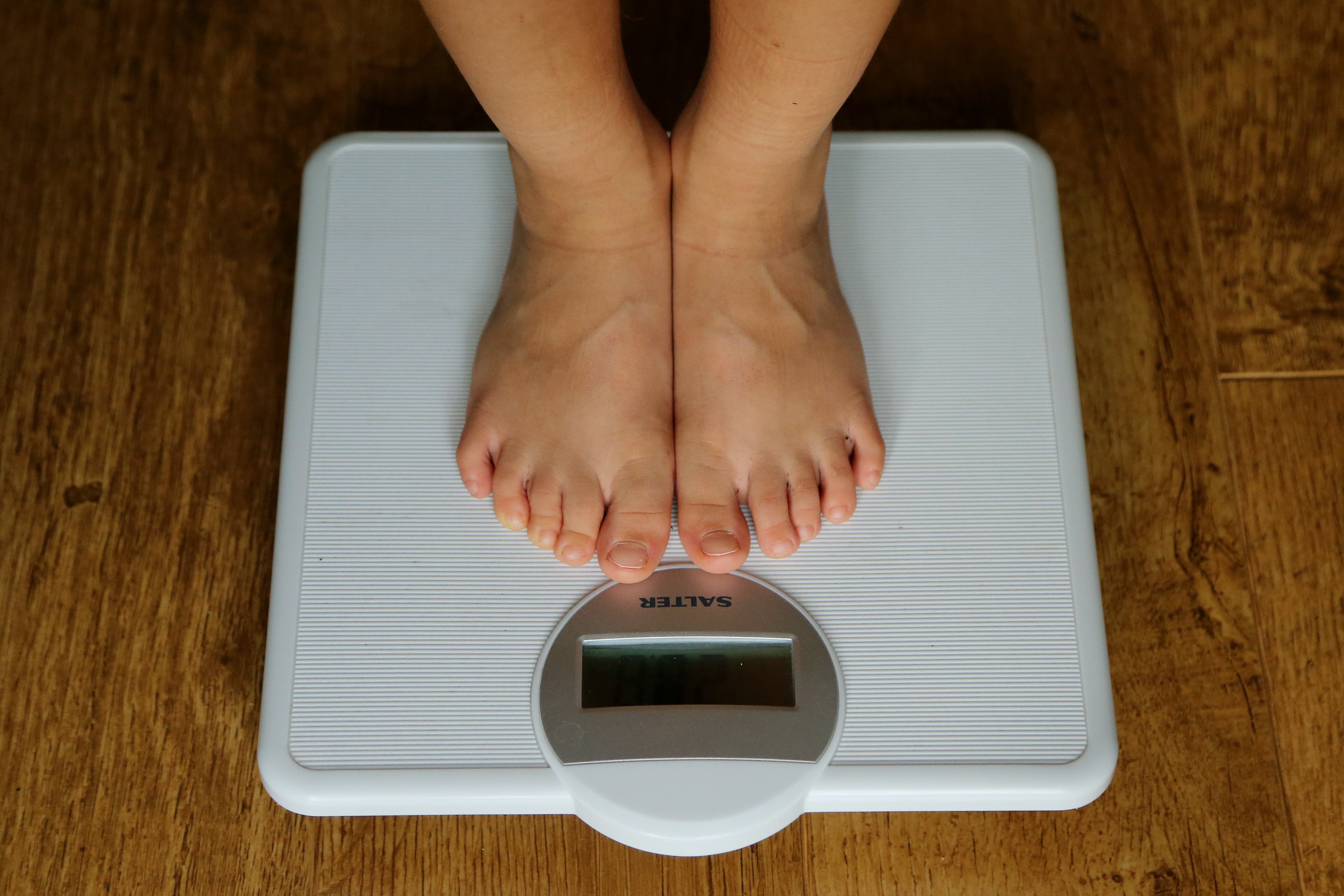Overweight schoolgirls more likely to see GP with knee or back pain – study
The research analysed data from the national child measurement programme.

Overweight schoolgirls are more likely to visit the doctor with problems such as knee and back pain compared to boys, according to a study.
Poor health of the joints, bones and muscles in childhood can “have a significant impact on quality of life”, researchers warned, and could place youngsters at risk of a “perpetual obesity/musculoskeletal pain cycle” in their teenage and adult years.
Academics from Queen Mary University of London focused on one area in the north-east of the capital to explore the links between obesity and musculoskeletal health in children.
Using data from the national child measurement programme (NCMP), the team analysed 63,418 reception children who were aged four to five, and 55,364 year six children who were aged 10 to 11.
Some 51% of both groups were boys and all lived in deprived areas, researchers said.
Of the reception age children, 8.9% of boys were obese compared to 7.1% of girls. Of the obese year six children, 19.9% were boys and 14.4% were girls.
They found 3% of reception children and 8% of year six children had at least one GP appointment relating to a musculoskeletal issue, the most common of which was knee or back pain.
Of the total, 194 four to five year olds and 875 year six children had more than one consultation.
On average, the first appointment took place almost three years after the NCMP measurement in reception and a little over two years after the year six measurement.
The study found girls were more likely to see their doctor.
Increased weight has the potential to contribute to continued musculoskeletal pain and consequently children may experience a perpetual obesity/musculoskeletal pain cycle as adolescents and adults
Researchers said that recognising “obesity as a contributing factor for musculoskeletal symptoms may inform clinical management, particularly in girls”.
Reception age girls considered overweight were 24% more likely to see a GP at least once with a musculoskeletal issue, while those considered obese were 67% more likely to do so.
Obese year six-age girls were 20% more likely to see a doctor with a problem.
Researchers warned that “poor musculoskeletal health during childhood has the potential to have a significant impact on quality of life, throughout childhood and continuing into adolescence and adulthood”.
“Participation in some physical activities may be limited by musculoskeletal problems,” the research team added.
“In turn, increased weight has the potential to contribute to continued musculoskeletal pain and consequently children may experience a perpetual obesity/musculoskeletal pain cycle as adolescents and adults.”
The team also said linking NCMP data to GP records provides “useful insights into childhood health conditions related to excess weight in early childhood” and called for “longer term follow-up” to “explore whether these symptoms persist”.
Bookmark popover
Removed from bookmarks